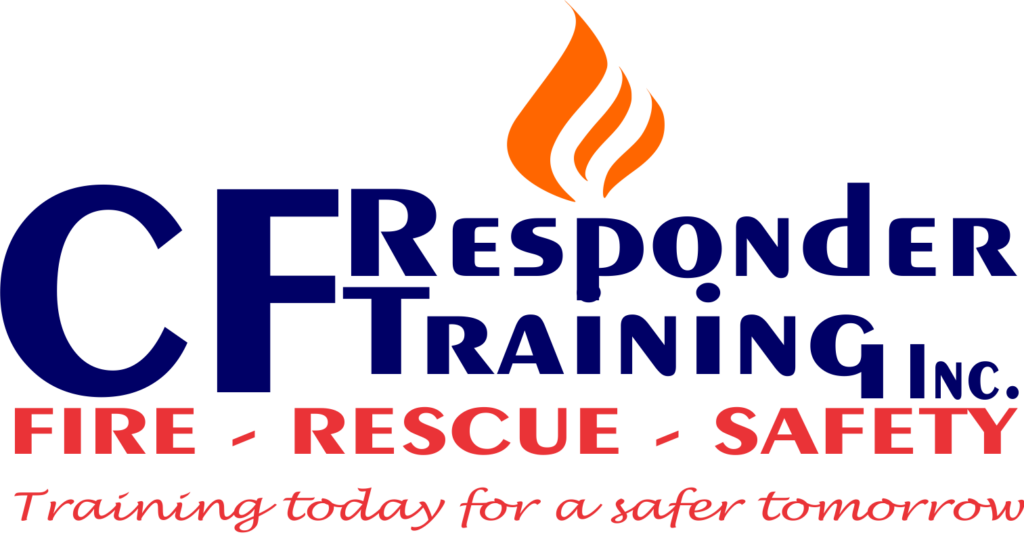First we need to have a quick look at discipline. Discipline should only be applied after a fair, thorough and transparent investigation of the alleged infraction. So what is the purpose of discipline? Essentially it is when an employee whose conduct, behavior and/or performance falls below the acceptable standards or regulatory requirements will be subject to corrective action. Discipline has a very important place in the fire service to maintain order and structure. If the purpose of discipline is to correct a behavior, then why is it that discipline in the fire service often seems to be some taboo subject that we avoid talking about? I understand privacy, rights, ethics etc… but society does not cover up discipline in general, simply turn on a news broadcast and see how many stories there are on individuals being charged or accused of crimes they haven’t even been convicted of yet. Why is the Fire Service reluctant to talk about it within our own ranks?
No matter how tight lipped we try and be, the fire station is notorious for having ears in the walls. Inevitably, if there is an issue taking place, word will rapidly spread throughout the crew, and if the factual information isn’t made public, hearsay and rumors will quickly take the place of fact. I have heard a phrase around the fire station that if you haven’t heard a rumor by 9:00 am, start one. This is reflection of the way news travels through the department and how, at times, firefighters can be worse than high school students when it comes to gossip.
What does this all mean? Essentially, the fire service is a paramilitary organization built on the foundation of solid rules, policies, guidelines, rank and structure. It is this very foundation that keeps us and our members safe when we respond to high risk emergencies. Discipline ensures that everyone is on the same page, follows the rules and greatly reduces the risk of serious injury or death.
When a member of the department chooses to disregard, misinterpret, or bend the rules it creates a potential for harm. Harm can come in the form of physical harm to the member themselves or other members of the crew. It can come in the form of harm to the department or AHJs reputation. It can come in the form of harm to the rank and structure, the chain of command and the overall respect within the department. No matter what the case is, there is no place in the fire service for freelancing of any kind. Member’s actions, both on and off duty, directly reflect on the AHJ, the department and its members as a whole. It is for these reasons that discipline must be enforced in a fair and consistent manner. Discipline should not be a surprise, it should be a justified response to an act or omission that directly contradicts the AHJ or department policies and procedures.
It is also critical that once disciplinary action has been taken against a member, the facts are shared with the department. Now I am not suggesting that the entire department needs to be privileged to a 75 page court style transcript, but the basic facts should be provided. We already talked about what will happen if we don’t provide the facts, the rumor mill will generate its own version of events and details that will spread faster than a grass fire on a windy August day.
A simple format, either in writing, electronically or in person could be as basic as this:
“Members of the (insert name) Fire Department,
Please be informed that effective (date) firefighter (name) has been suspended for (duration). Firefighter (name) suspension is a result of an action/incident that contravenes the department’s policy on (topic). The (City/Municipality/Town/Village) and the Fire Department do not condone this type of activity and have an obligation to protect the reputation and integrity of the Department and its members. If anyone has any questions or concerns with this, I encourage you to contact me directly.”
By communicating this information, you accomplish a few things. First off, you have avoided any rumors and hearsay that will inevitably surface and ripple through the department. Secondly, you are making it very clear that the department stands by their policies, procedures and code of ethics and will enforce these as required in a fair and consistent manner. Lastly, you are letting the members know that the leadership and management will step up and do their job and ensure that issues are dealt with. This hopefully will make other members think twice before engaging in an activity that breaches policy and reminds them that there is and will be consequences for their actions.
Discipline is not a part of the job anybody is overly excited about, but it is necessary. It you have clear policies, procedures, guidelines etc. and a clear understanding of expectations, then enforcing discipline becomes a little bit easier. You are simply enforcing rules that are clearly stated and enforcing sanctions that are pre-determined based on the severity of the act or omission. However, if discipline is treated like some top secrete situation then assumptions and interpretations will take the place of fact. Members who are aware of the individual and/or the incident may perceive that management and leadership has done nothing to address the issue. It may be perceived that the member is being protected rather than held accountable for their actions. This creates an environment of doubt within your department and an appearance that discipline is not dealt with in a fair and consistent manner and ultimately can have a negative impact on your credibility as a manager or leader. Don’t let your member’s judge your leadership ability based on perception and assumptions, but rather by your actions and your honesty.

